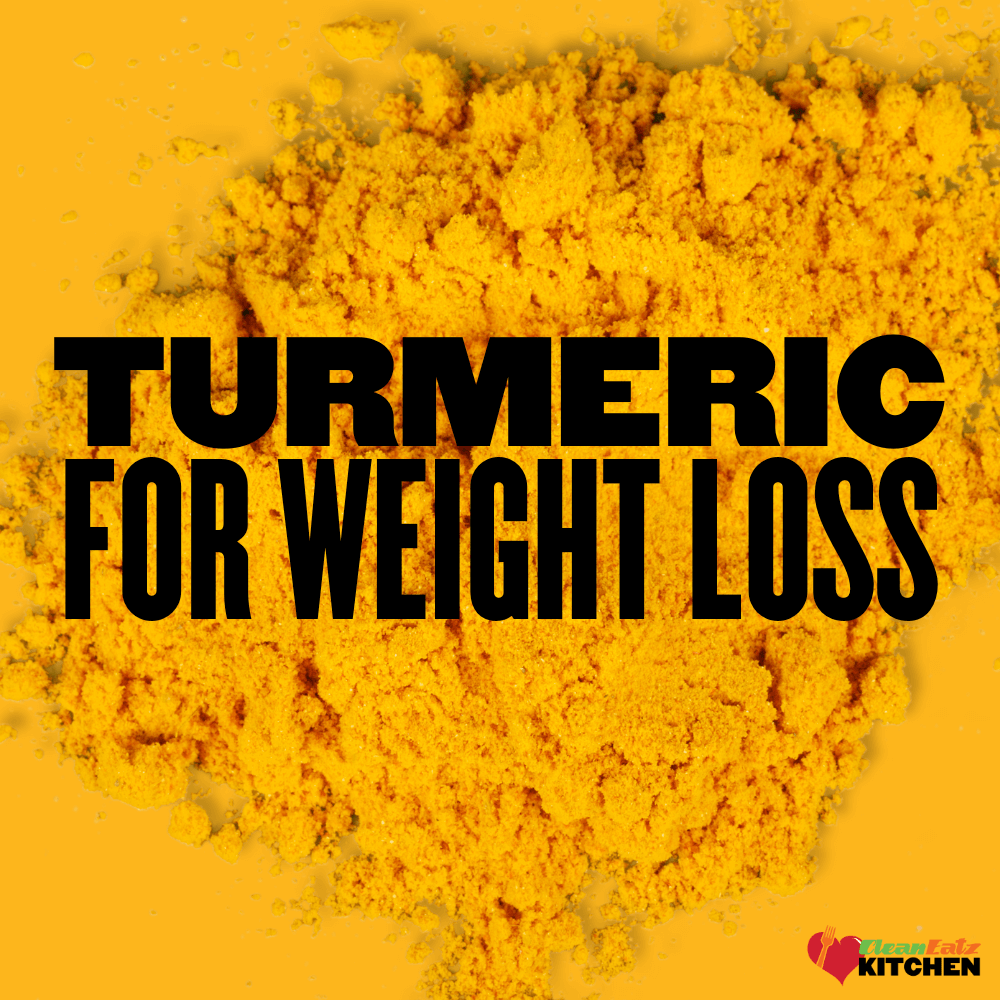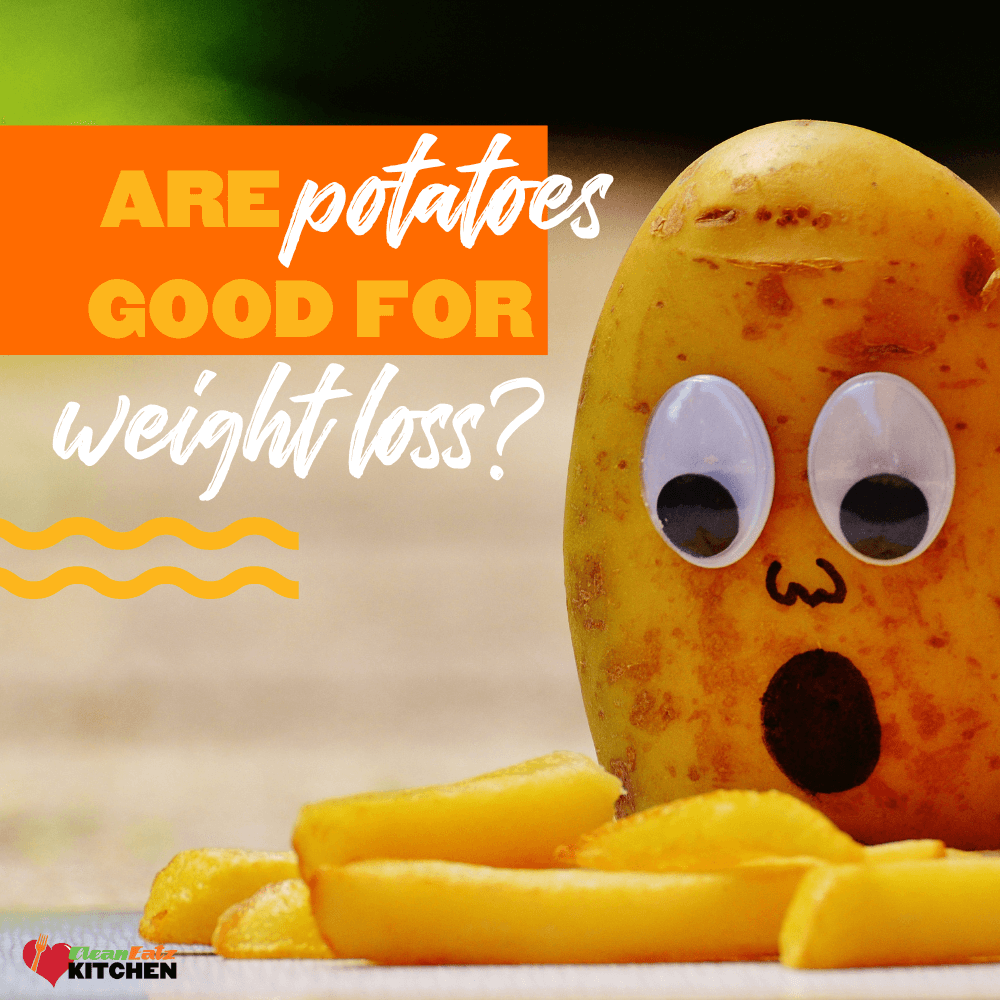
Turmeric for Weight Loss
Jason Nista
Nutrition
|
Weight Loss
7 minute read
Superfoods have captured the spotlight in recent years, and one highly recognized ingredient is Turmeric. Boasting a myriad of health claims, ranging from weight loss and diabetes prevention to pain reduction, inflammation control, and even potential anti-cancer and anti-COVID properties, Turmeric has become a sought-after spice.
However, the question is does turmeric help with weight loss? Follow the article and discover more about the following points:
- What is Turmeric?
- Curcumin
- Bioavailability of Curcumin
- Health Benefits of Curcumin
- Turmeric and weight loss.
What Exactly is Turmeric?
Turmeric is a spice commonly used in curry, it is a member of the ginger family and is commonly used dried, usually grounded into a fine powder that has a bright yellow color that can easily stain your hands or cooking utensils, but also gives a nice yellow color to rice and other foods.
There has been a lot of research to explore turmeric for weight loss. One tbsp. of turmeric contains 29 calories, 0.9g of protein, 0.3g of fat, 6.3g of carbohydrates, 2.0g of fiber, and 0.3g of sugar. It also contains B and C vitamins. It has many bioactive components with curcumin being the most noteworthy and the one that gives it most of the health properties associated with turmeric.
Curcumin as The Main Bioactive Compound in Turmeric
Curcumin is a yellow pigment found primarily in turmeric. It is a polyphenol that has shown several anti-inflammatory properties, including the ability to increase the amount of antioxidants the body produces and help alleviate various conditions and improve overall health.
It is quite common to see supplements made of curcumin extracted from turmeric, which has a higher potency and might have better bioavailability, which is a big issue when trying to get the benefits of turmeric and curcumin.
Bioavailability of Curcumin
Curcumin’s main drawback is that it is poorly absorbed when ingested orally and by itself. The difficulty to reach higher plasma and tissue levels of curcumin appears to be due to poor absorption, rapid metabolism, and rapid systemic elimination.
To improve bioavailability there have been numerous approaches. The most practical and consistent one is using an adjuvant like piperine (an alkaloid present in black pepper), increasing the dose of curcumin which has shown safe levels up to 12 grs/day, or taking it with lipids to allow for better absorption and distribution in the body.
So the right way to include curcumin and turmeric in the weight loss meal plan would be by adding some black pepper as well to improve absorption and bioavailability. If you’re up for a new taste you can even add both a teaspoon of curcumin and a pinch of pepper to your morning coffee.
But let’s see now if the health claims are real and are worth all the effort.
Health Benefits of Curcumin
The beneficial effects of curcumin might be explained by its anti-inflammatory and antioxidant properties and its interaction with various regulatory systems in the body like enzymes, cell cycle proteins, receptors, growth factors, and protein kinases. It can also be beneficial to add it to a protein meal plan. Besides the positive side of the ingredient turmeric for weight loss, there are also many other advantages it provides. Here’s what research says about the many health claims attributed to curcumin and turmeric:
-
Osteoarthritis symptoms: Several studies have shown a consistent and notable reduction of OA symptoms allowing for better physical function and independence, even compared to common medication like ibuprofen or diclofenac.
-
Reducing Inflammation: studies show there is a notable decrease in pain and inflammation, especially in diseases like rheumatoid arthritis, lupus, or osteoarthritis.
-
Diabetes, Blood glucose, and Insulin: Research shows a moderate but consistent improvement in glycemic control by decreasing blood glucose, and it has also been found to increase insulin secretion in insulin-resistant patients.
-
Depression and anxiety symptoms: there is a notable improvement in symptoms of depression and anxiety and even a moderate decrease in cortisol levels.
-
Cholesterol and lipids in blood: There’s evidence that shows a slight improvement in blood levels by increasing HDL cholesterol (the good one), decreasing LDL cholesterol (the bad one), and triglycerides.
-
Reduce the severity of Covid-19: research shows that curcumin might be used with positive results to fight Covid infection, improving symptoms and markers of inflammation. It works by mechanisms such as inhibiting the entry of the virus to the cell, inhibiting encapsulation of the virus and viral protease, as well as modulating various cellular signaling pathways.
-
Help fight cancer: Although more research is needed in this field there seem to be early positive results in colon cancer prevention, and reduced risk of colorectal cancer and prostate cancer.
Does Turmeric Help With Weight Loss?
A meta-analysis of 21 studies and a total of 1604 patients showed that regular supplementation with curcumin paired with general lifestyle changes showed a notable decrease in body max index and weight, as well as improvement of leptin (the hormone in charge of making us feel satiated) and adiponectin levels that help regulate the metabolism and fats oxidation. Further research is needed but it can be a powerful tool to add to our journey to a healthy weight and improved overall health.
And on top of this effect, curcumin supplementation has also been shown to improve other health risk factors associated with overweight and obesity like managing cholesterol and triglycerides, lowering blood pressure, controlling blood glucose levels and insulin production, protecting the liver, increasing antioxidant enzyme profile, improve vascular function and blood flow.
So adding some turmeric for weight loss will not only benefit it but will also enhance one’s overall well-being.
Final Thoughts
Keep in mind that even the best supplement or meals can not overpower a poor diet or general unhealthy habits. So make sure you pair your turmeric with a lot of nutritious whole foods and regular physical activity. There is a lot of research on curcumin and turmeric that shows many health benefits and safety to consume but always listen to your body and how it reacts in its own way to a new spice or food. Start small by adding it just as a spice to some of your dishes and see how your body reacts. Don’t forget the pepper! More precisely black pepper to make sure you’re improving your body’s absorption and curcumin’s bioavailability to reap all the benefits it can give you.
FAQ
Are there any potential side effects of consuming turmeric?
Turmeric is generally safe for consumption, and adverse effects are rare. However, in high doses, it may cause digestive discomfort or interact with certain medications. Individuals with gallbladder issues or taking blood-thinning medications should exercise caution. It is advisable to consult with a healthcare professional before using turmeric or curcumin supplements.
Can turmeric help with other health conditions apart from weight loss?
Yes, turmeric has been studied for its potential benefits in various health conditions. These include reducing inflammation, managing symptoms of osteoarthritis and rheumatoid arthritis, improving glycemic control in diabetes, supporting mental health, promoting heart health by managing cholesterol levels, and even potentially exhibiting antiviral properties. However, further research is needed in many of these areas to establish definitive conclusions.
Is Turmeric suitable for everyone trying to lose weight?
Turmeric is generally safe for most individuals, but it may interact with certain medications or health conditions. If you have any specific health concerns or are taking medications, it is recommended to consult with a healthcare professional before incorporating turmeric into your weight loss regimen.
Can Turmeric replace a healthy diet and exercise for weight loss?
Turmeric should not be seen as a replacement for a healthy diet and regular exercise. While it may provide some benefits for weight management, it is most effective when combined with a balanced diet and an active lifestyle.
Related Articles
Is Kombucha Good for Weight Loss?
7 minute read
Keto Diet for Diabetics: Friends or Foes?
11 minute read
Are Potatoes Good for Weight Loss?
7 minute read



